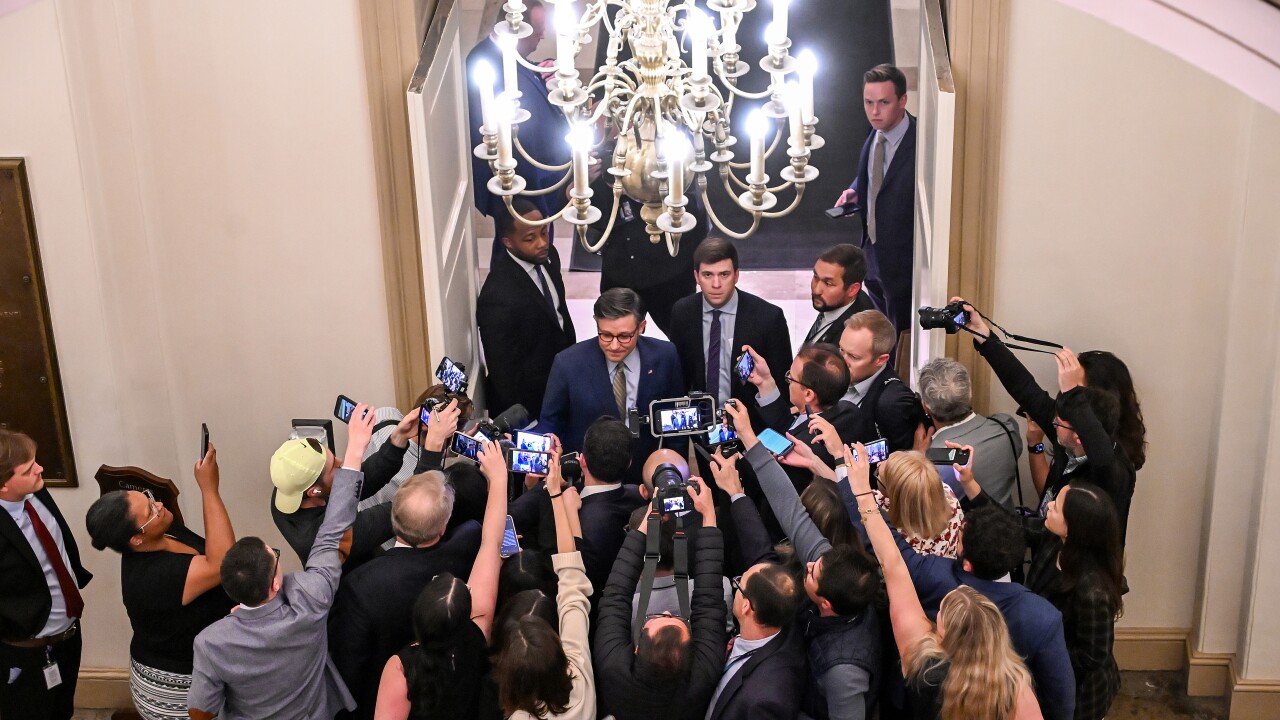CHICAGO - Bond insurer Financial Guaranty Insurance Co., the last major creditor holding out in the Detroit bankruptcy, has challenged the city's recent settlement with fellow insurer Syncora Guarantee Inc.
Detroit last week filed a revised plan of debt adjustment that reflects its Syncora settlement, which features a mix of cash, downtown real estate, and asset leases. A trial on the plan is on hold until Sept. 29, in part to give FGIC time to craft a new legal strategy after its fellow holdout made a deal.
Syncora and FGIC together wrap or hold $1.5 billion of certificates of participation, with FGIC's exposure totaling $1.1 billion.
Hedge funds that hold the FGIC-wrapped certificates filed a joinder to FGIC's complaint.
"A plan cannot afford more effective recovery rights to particular creditors within a class," FGIC attorney Alfredo Perez, with Weil, Gotshal & Manges LLP, wrote in the brief, adding that the city has not released sufficient information about the plan, including the true value of the settlement.
A Syncora spokesman originally said the cash-and-development deal translates into a 26% recovery for the firm. But the insurer later dropped that claim, with its Kirkland & Ellis attorneys putting out a statement saying the true recovery is "much less" than 26 cents on the dollar.
The Syncora deal provides a 13.9% recovery on the COPs, a repayment that Detroit also offered to FGIC.
But Syncora is also in line for additional recoveries, including vacant downtown Detroit parcels, a 30-year lease on a large centrally located parking garage, and a 20-year extension on an operating lease of the Detroit-Windsor Tunnel.
The value of the development and leases is unknown and not included in the city's plan, FGIC said.
"There is no justification for distributing these additional assets only to Syncora and not offering them to the rest of Class 9," FGIC argues. "There is nothing unique about the Tunnel Lease, the properties to be conveyed pursuant to the Development Agreement, or the Grand Circus Garage, or Syncora's relationship to any of these assets, which warrants segregating them for distribution to Syncora. Even if there was, the city must provide equivalent value to the rest of Class 9."
FGIC also accused Detroit of trying to disguise the real value of Syncora's deal by including the land and leases in a separate part of the plan, and not under the so-called Class 9 claimants section.
Syncora was considered the most aggressive of the city's challengers, but it has agreed to support the confirmation plan and withdraw its five appeals on various issues if the settlement goes through.
Any attempt by the city to justify its preferential treatment of Syncora because the insurer has agreed to drop its objections is a "red herring," FGIC said.
"Merely because a creditor has adopted an all-out litigation strategy in a bankruptcy case and peppered the debtor with motions, objections, and appeals is not a justification for preferential treatment of that creditor," the insurer argued.





